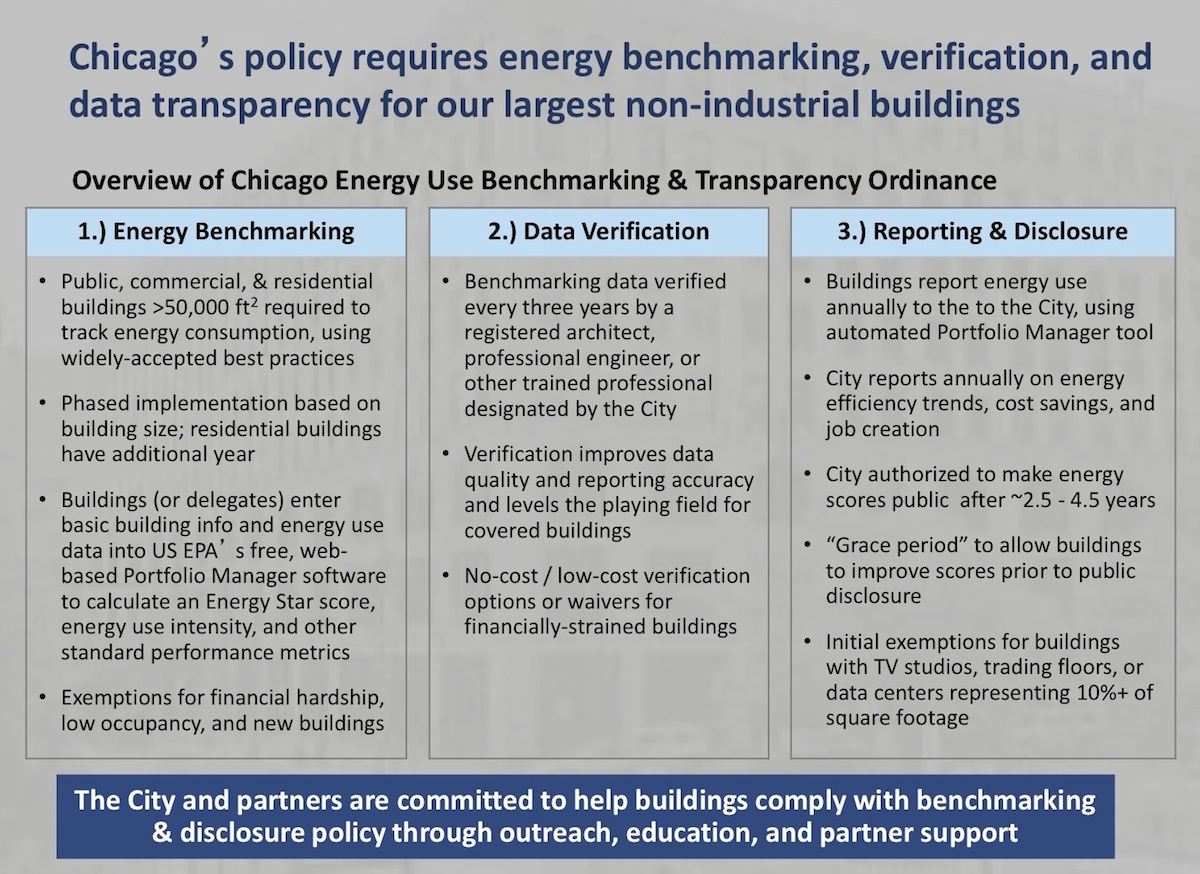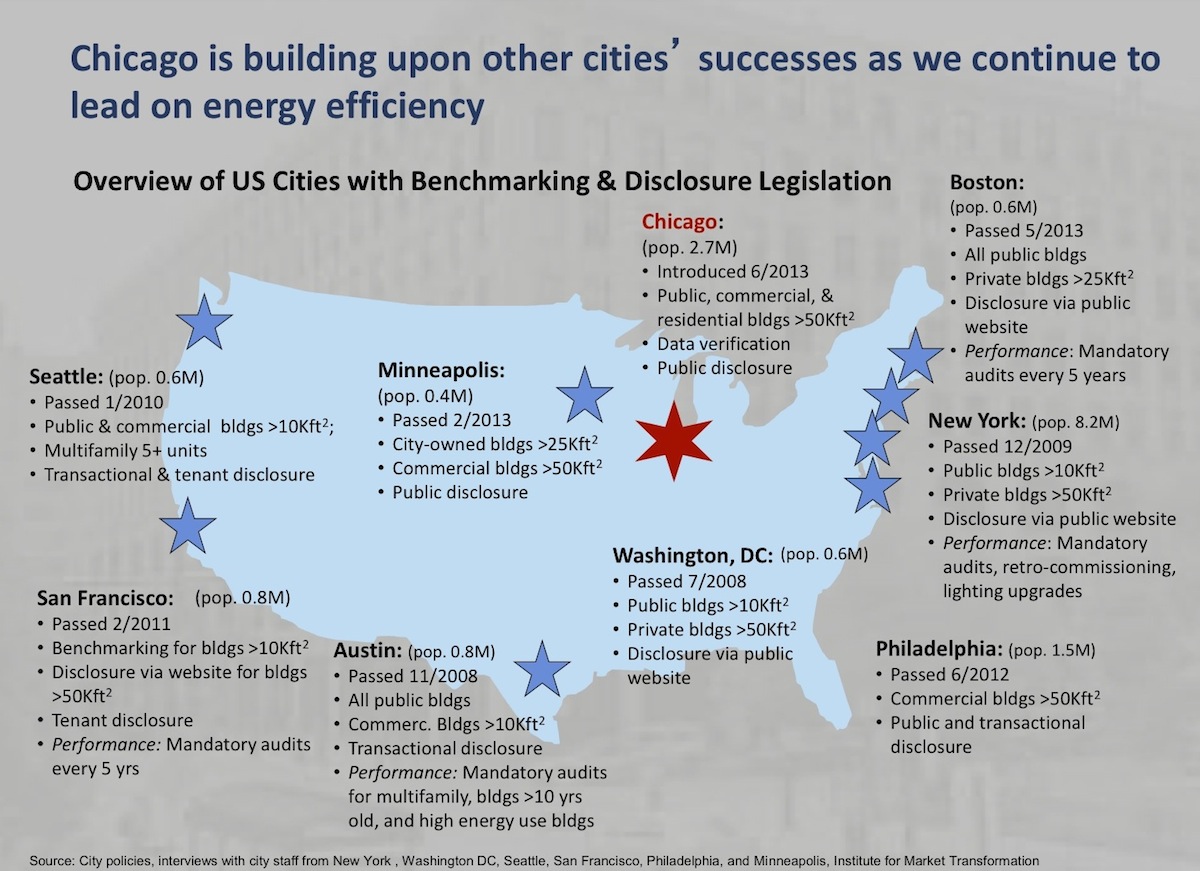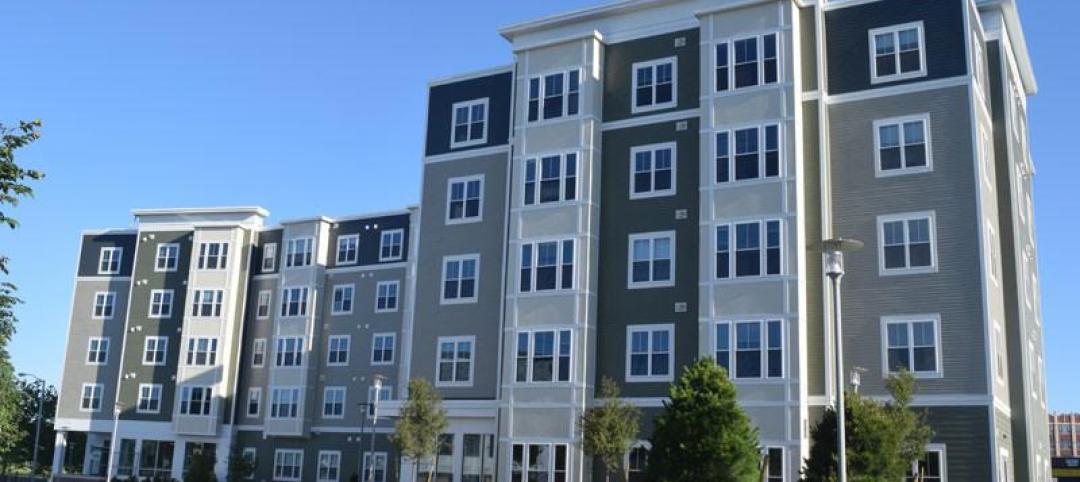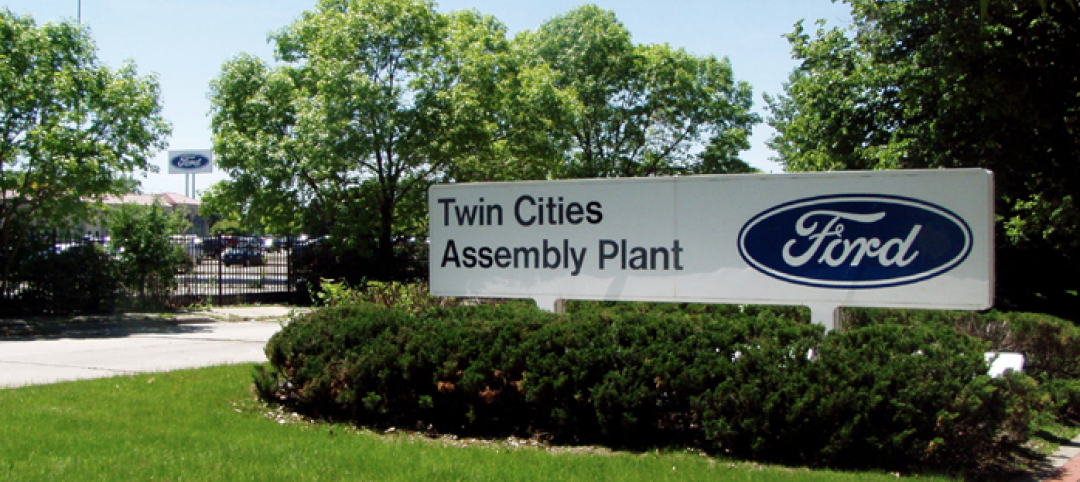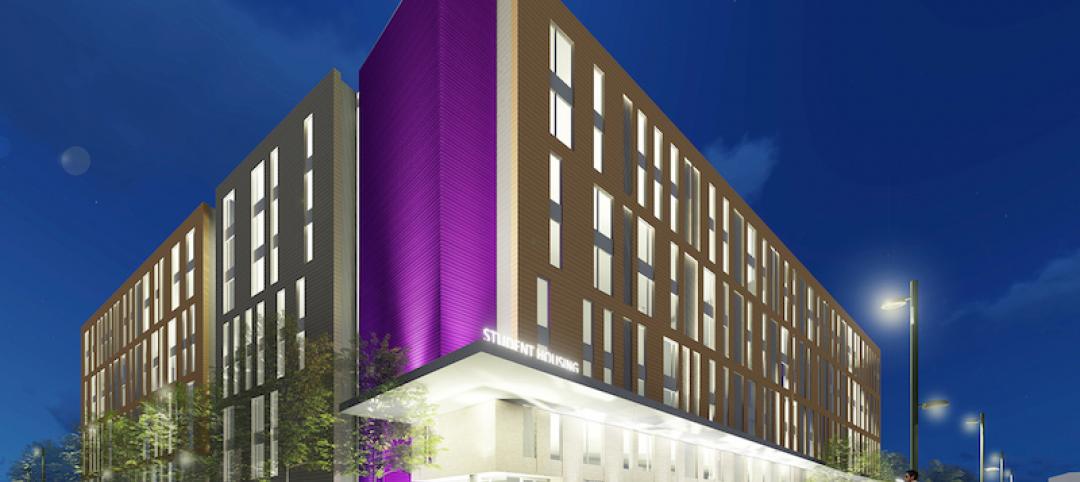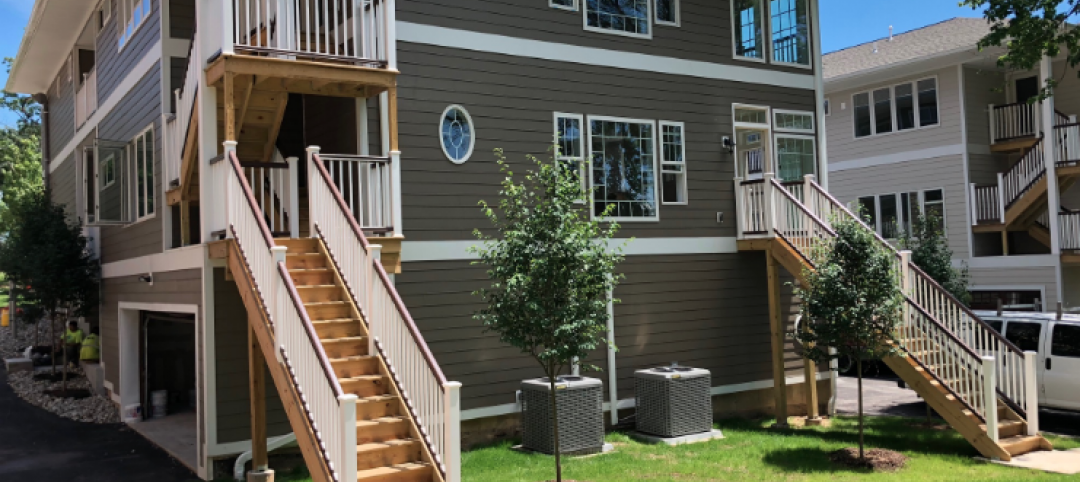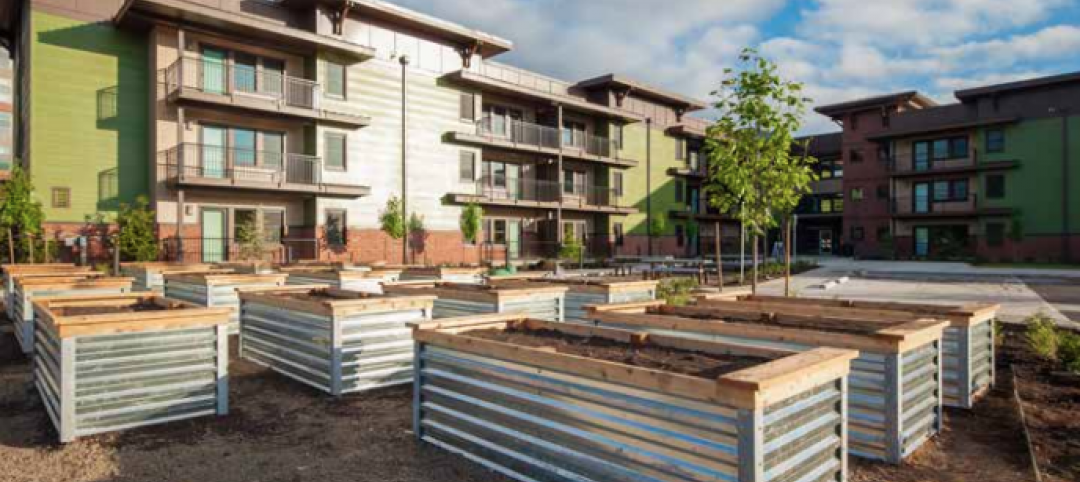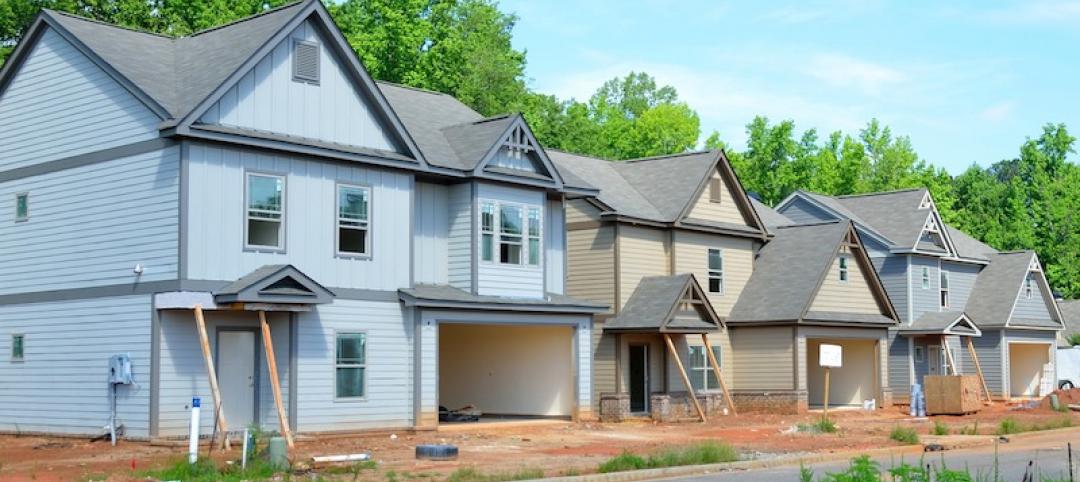The Windy City is the latest U.S. city to enact legislation that mandates building energy benchmarking and disclosure for owners of large commercial and residential buildings. The ordinance was introduced in June 2013 and passed city council vote on Wednesday.
In developing the Chicago Energy Use Benchmarking & Transparency Ordinance, city officials reached out to eight U.S. cities that have enacted similar benchmarking legislation and adopted the best elements of each program.
During a panel discussion at BD+C's BUILDINGChicago conference this week, Jamie Ponce, Chicago City Director of the C40 - Clinton Climate Initiative, outlined the elements that differentiate Chicago's benchmarking ordinance. The most unique element, said Ponce, is a rule that mandates the verification of building energy data every three years. The data must be checked and verified by a registered architect, professional engineer, or other trained professional designated by the city. Chicago will be the only city with such a mandate.
"We asked representatives from the eight other cities what they would add or do differently, and the overwhelming majority mentioned the need for data quality and accuracy," said Ponce. "They said they were getting some questionable data from building owners."
Causes range from errors in data entry to owners not fully considering all aspects of the building in calculating the energy performance. "It's helpful to have an additional data check," added Ponce. The city will offer low- and no-cost verification options for building owners who cannot afford third-party data verification services.
Here's a breakdown of Chicago's benchmarking ordinance (click image to enlarge):
Here's a comparison of the various U.S. city ordinances (click image to enlarge):
For more on Chicago's ordinance, click here.
Related Stories
Multifamily Housing | Jul 18, 2018
First apartment building funded by Massachusetts’ workforce housing subsidy program opens
The transit-oriented Gateway North Residences is centrally located in Lynn, Mass.
Codes and Standards | Jul 17, 2018
NIMBYism, generational divide threaten plan for net-zero village in St. Paul, Minn.
The ambitious redevelopment proposal for a former Ford automotive plant creates tension.
Codes and Standards | Jul 17, 2018
In many markets, green features are more of a requirement for apartment renters
Renters in many U.S. cities have come to expect green features in apartments that they rent, with an eye toward energy efficiency and healthy indoor air.
Multifamily Housing | Jul 13, 2018
Student housing vs. multifamily housing—what are the differences?
While student and multi-family housing share a common building form, it’s the student resident that drives the innovation of new spaces.
Multifamily Housing | Jul 11, 2018
Meet the ‘CoHaus’: N.Y. developer unveils large-scale flats concept for boomers, Gen Xers
With its new CoHaus development, Ward Capital Management is betting on baby boomers downsizing and Gen Xers upsizing.
Sponsored | Multifamily Housing | Jul 10, 2018
Renovated mixed-use development features more desirable rentals
Multifamily Housing | Jul 2, 2018
17-unit condominium will rise one block south of Sunset Boulevard in West Hollywood
SPF:architects is designing the building.
Multifamily Housing | Jun 27, 2018
To take on climate change, go passive
If you haven’t looked seriously at “passive house” design and construction, you should.
Market Data | Jun 19, 2018
America’s housing market still falls short of providing affordable shelter to many
The latest report from the Joint Center for Housing Studies laments the paucity of subsidies to relieve cost burdens of ownership and renting.
Multifamily Housing | Jun 13, 2018
Multifamily visionaries: KTGY’s extraordinary expectations
KTGY Architecture + Planning keeps pushing the boundaries of multifamily housing design in the U.S., Asia, and the Middle East.



